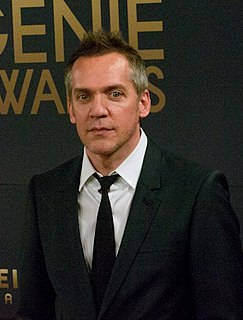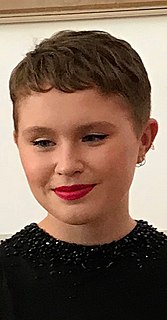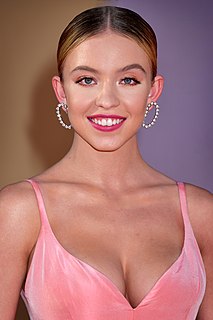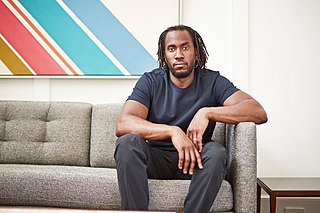A Quote by Jean-Marc Vallee
I was attached to 'Sharp Objects' before 'Big Little Lies,' actually.
Related Quotes
Transcendence or detachment, leaving the body, pure love, lack of jealousy-that's the vision we are given in our culture, generally, when we think of the highest thing. . . . Another way to look at it is that the aim of the person is not to be detached, but to be more attached-to be attached to working; to be attached to making chairs or something that helps everyone; to be attached to beauty; to be attached to music.
Many painters had a clear idea of what fractals are. Take a French classic painter named Poussin. Now, he painted beautiful landscapes, completely artificial ones, imaginary landscapes. And how did he choose them? Well, he had the balance of trees, of lawns, of houses in the distance. He had a balance of small objects, big objects, big trees in front and his balance of objects at every scale is what gives to Poussin a special feeling.
Try to forget what objects you have before you - a tree, a house, a field, or whatever. Merely think, 'Here is a little square of blue, here an oblong of pink, here a streak of yellow,' and paint it just as it looks to you, the exact color and shape, until it gives you your own impression of the scene before you.






































